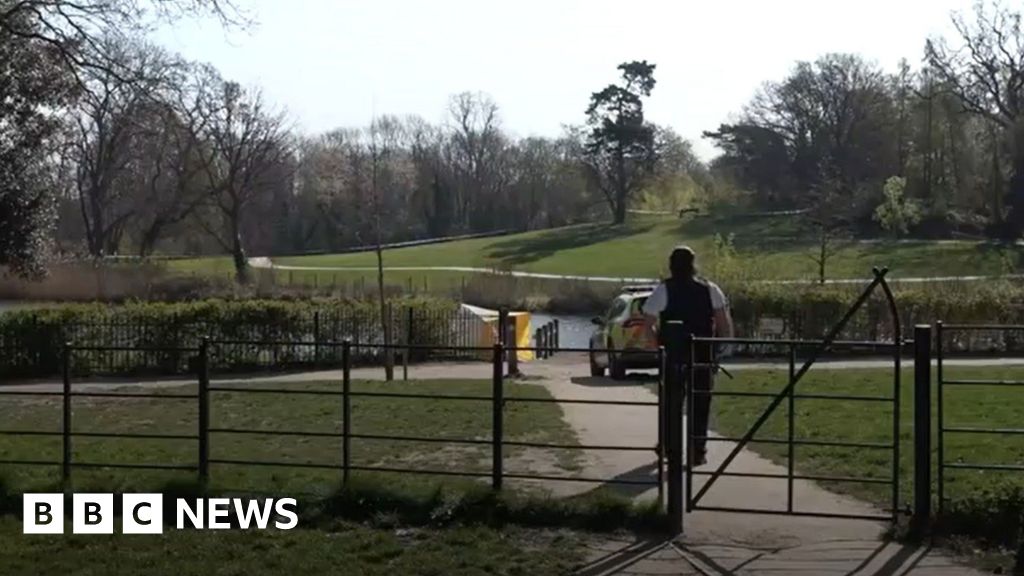Former Haryana industries minister, Randeep Singh Surjewala on Saturday said that directive of the BJP government in Haryana to apply the first in-first out principle for sacking contractual employees not protected under the security of service legislation was patently illegal. The directive means a contractual employee with the most length of engagement will be relieved. The Congress MP at a briefing said that directive was in contravention to the Industrial Disputes Act, 1947 which mandated that the principle of last in-first out be followed in cases of retrenchment thereby implying that the junior person has to be retrenched first.
“The last in-first out principle has also been upheld by the Punjab and Haryana high court,” Surjewala said. The issue was reported by Hindustan Times on Saturday. The former minister said that it’s a double blow for the contractual employees hired by the Haryana Kaushal Rozgar Nigam (HKRN).

“First, contractual employees engaged after August 15, 2019, can be dismissed from the service (as per the security of service law enacted by the state government). There is no security of service for them. About 70,000-75,000 individuals were engaged by the state government on contract basis after August 15, 2019.
Second, the government has applied the first in-first out principle which means that the contract employees with the most length of service will be sacked first,” Surjewala said. Quoting relieving orders of some of the contractual employees, the Rajya Sabha MP said that 252 post graduate teachers hired on contract basis have been sacked by the education department while 128 contractual employees working in irrigation department have also been sacked. Similarly, contractual employees engaged by forests department and panchayat department were also sacked, Surjewala said.
.
Top

First in-first out principle to sack contract staff illegal: Congress MP

The Congress MP said that directive was in contravention to the Industrial Disputes Act, 1947 which mandated that the principle of last in-first out be followed in cases of retrenchment thereby implying that the junior person has to be retrenched first.











